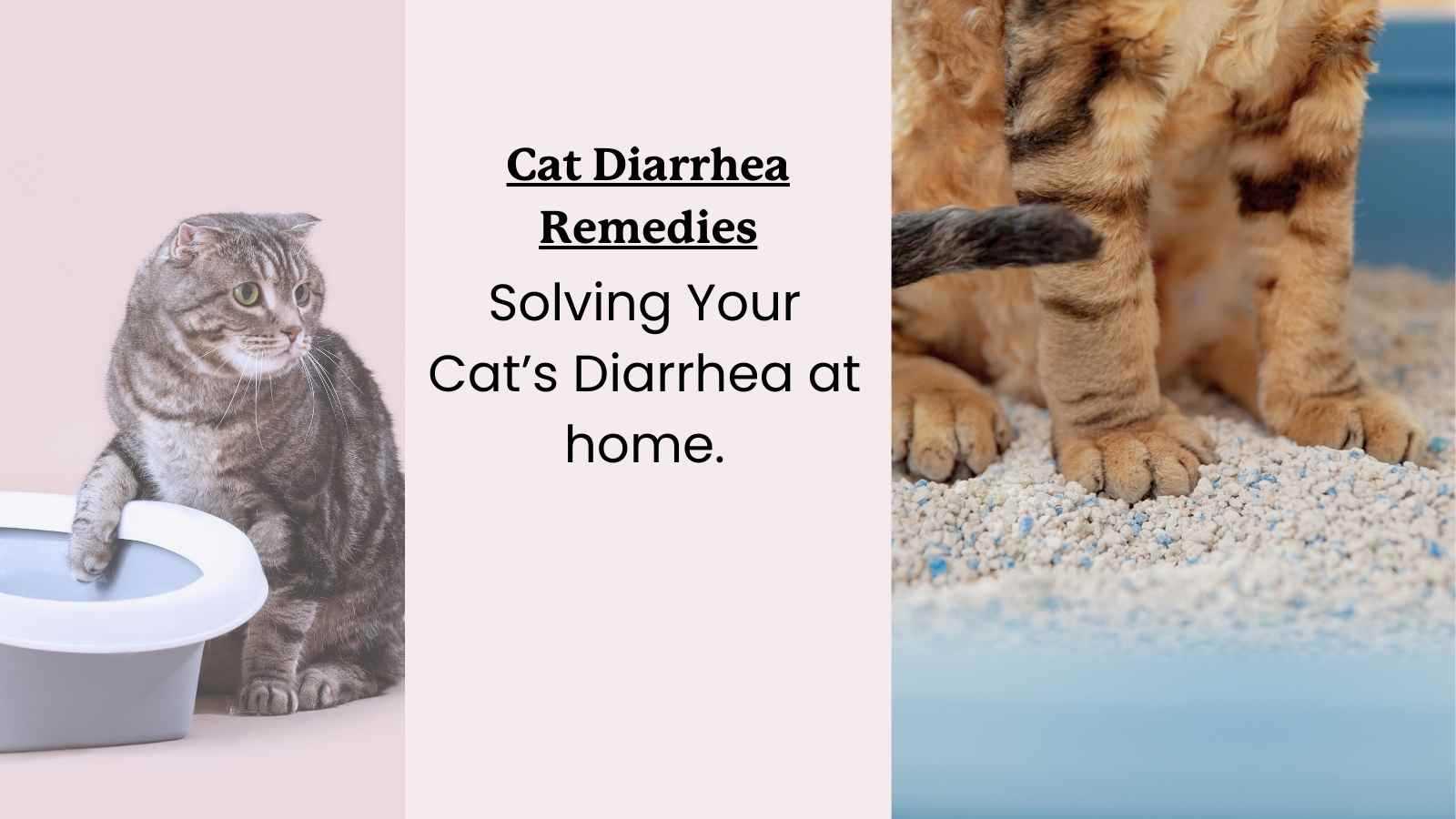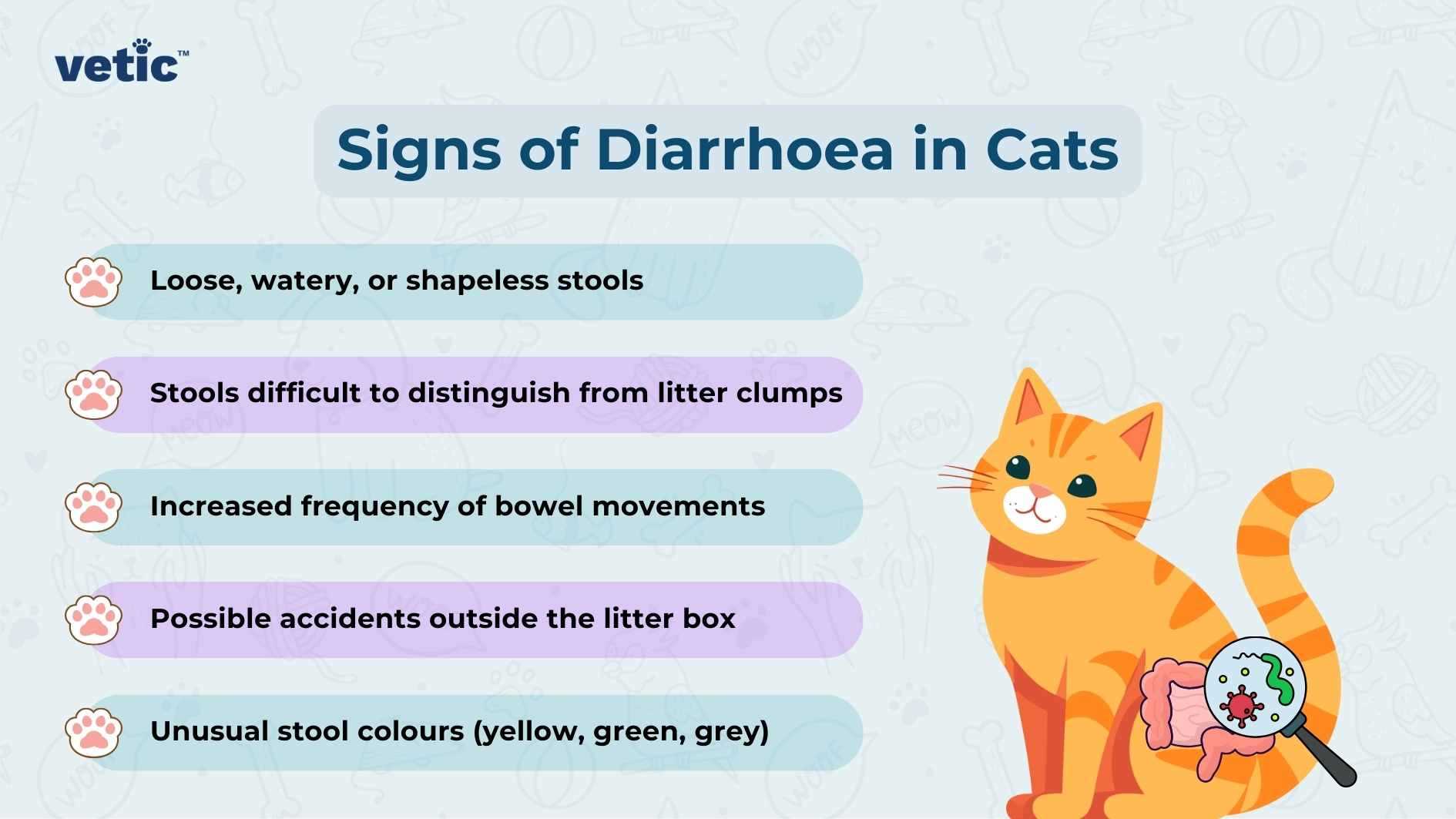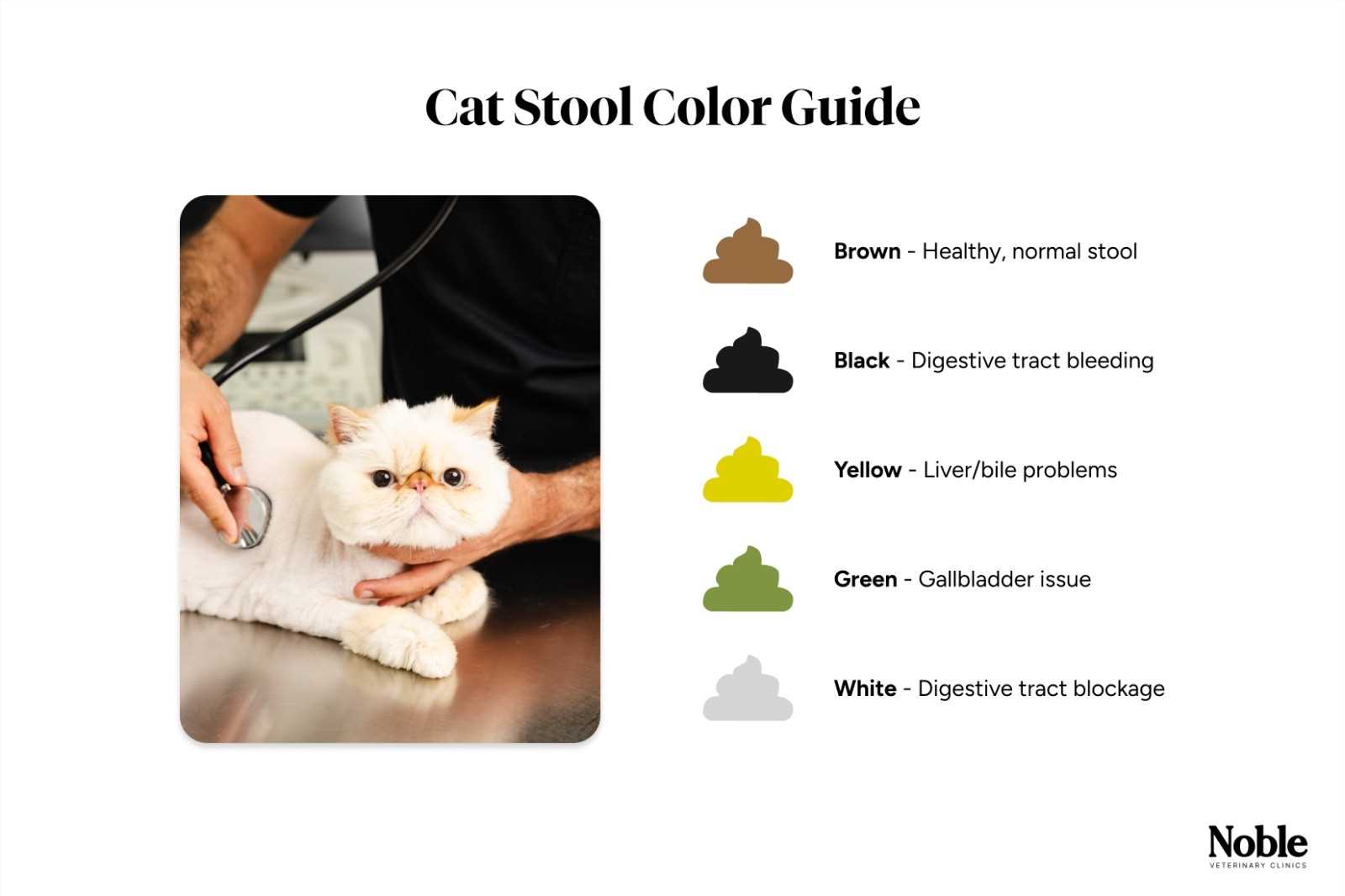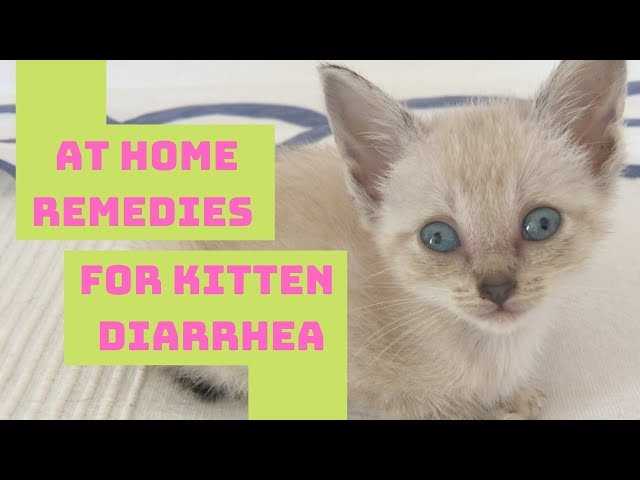First things first, if you notice any unusual changes in my bathroom habits, it’s time to take action. Monitor my water intake and food consumption closely. If I seem dehydrated, offer me fresh water or some low-sodium broth to encourage hydration.
Next, consider adjusting my diet. Switching to bland food for a few days can help settle my stomach. Options like boiled chicken or rice are gentle on my digestive system. Make sure these meals are small and frequent to avoid overwhelming my tummy.
Probiotics can be beneficial too. Discuss with a vet about including a feline-friendly probiotic to restore balance in my gut flora. It’s crucial that any supplements are safe and suitable for my specific needs.
If my condition persists beyond a day or two, don’t hesitate to consult a veterinarian. They can provide insights tailored to my health and may suggest further tests to rule out any underlying issues.
Tackling Upset Stomach Issues

First off, I suggest fasting for about 12 to 24 hours. This allows my tummy to rest and recover without any additional stress from food.
After the brief fasting period, a bland diet is essential. Opt for plain boiled chicken or rice to help settle my stomach. Gradually reintroducing my regular food over a few days is key.
Hydration is critical. Ensure I have access to fresh water at all times to prevent dehydration, especially if I’m losing fluids. Sometimes, adding a bit of low-sodium broth can encourage me to drink more.
Probiotics can be beneficial. Look for those specifically designed for felines, as they help restore balance in my gut and support digestion.
Keep an eye on my litter box. If I show signs of blood, mucus, or if my condition persists for more than a couple of days, a visit to the vet is necessary. Quick action can prevent more serious issues.
Lastly, monitor my behavior. If I seem lethargic or unwell beyond digestive troubles, seeking professional advice is wise.
Identifying the Symptoms of Diarrhoea in Cats

Recognizing the signs of loose stools is crucial for timely care. Here are specific indicators to watch for:
- Frequent trips to the litter box, resulting in multiple accidents.
- Presence of watery or unusually soft feces.
- Straining or difficulty during elimination.
- Changes in appetite, either decreased or increased.
- Signs of lethargy or decreased energy levels.
- Vomiting accompanying the loose stools.
- Presence of blood or mucus in the stool.
- Unusual odors from fecal matter.
If any of these symptoms appear, it’s vital to monitor closely. Keep track of the frequency and consistency of the stool. If the condition persists for more than a day or two, seeking veterinary assistance is advisable. Pay attention to any additional signs such as dehydration, which may include dry gums and increased thirst.
Maintaining a clean litter box and observing your diet can help in identifying any changes. Always be aware of recent changes in environment or food that might contribute to digestive upset.
Assessing the Severity of Your Feline’s Condition
To determine how serious the situation is, I recommend observing the frequency and consistency of bowel movements. If there’s a sudden increase in urgency or watery stools, it’s a sign that immediate attention is necessary.
Key Indicators to Monitor
| Indicator | Severity Level |
|---|---|
| Stool Consistency | Soft to Liquid |
| Frequency of Bathroom Visits | More than 3 times a day |
| Presence of Blood | Yes |
| Vomiting | Yes |
| Appetite Changes | Decreased or Absent |
Monitoring hydration is crucial. If your furry friend is less active and refuses to drink water, seek veterinary assistance immediately. Dehydration can escalate quickly.
Additionally, if there are any signs of distress, such as lethargy or discomfort, consider reaching out to a vet. It’s always better to be safe, especially if your pet is showing other concerning symptoms. Don’t hesitate to check out resources like best acl surgery for large dogs for further insights on overall health management.
Home Remedies for Mild Digestive Upsets in Felines

Rice water can work wonders. Boil rice in ample water, strain it, and allow it to cool. Serve this liquid in small amounts to provide hydration and soothe the tummy.
Plain canned pumpkin is another excellent option. A teaspoon or so can help firm things up, thanks to its high fiber content. Ensure it’s pure pumpkin, without added sugars or spices.
Introduce a limited ingredient diet. Offer boiled, skinless chicken or turkey for a couple of days. This simple diet is gentle on sensitive stomachs.
Probiotics may aid in restoring balance. Look for feline-specific probiotic supplements, or plain, unsweetened yogurt in small quantities can also be beneficial.
Hydration is Key
Encourage drinking water. Adding a bit of low-sodium chicken broth can entice a reluctant drinker. Always ensure fresh water is available.
Monitor and Adjust
Keep an eye on food intake and output. If symptoms persist beyond a day or worsen, a visit to the vet is crucial. Quick action can prevent further issues.
When to Consult a Veterinarian for Diarrhoea
If I experience a sudden change in my bathroom habits that lasts more than a day or two, it’s time to seek professional advice. A vet should be contacted immediately if there are any signs of blood in the stool or if the stool appears black and tarry. These symptoms could indicate a serious underlying issue that requires attention.
Signs of Dehydration

Watching for signs of dehydration is crucial. If I notice excessive thirst, dry gums, or lethargy, a visit to the clinic is necessary. Even slight dehydration can escalate quickly, leading to more severe complications.
Accompanying Symptoms
If vomiting occurs alongside loose stools, the situation may worsen. Additional symptoms like a lack of appetite or weight loss should not be ignored. These may signal that my health is deteriorating, and the vet’s expertise is essential to address the issue effectively.
In summary, any persistent changes in my digestive habits or other concerning signs warrant a trip to the veterinarian for a thorough examination. It’s better to be safe and ensure my well-being is prioritized.
Preventing Future Episodes of Diarrhoea in Cats
Maintaining a consistent diet is critical. Stick to high-quality, easily digestible food. Gradually introduce any new items to avoid upsetting sensitive stomachs. Monitor for any adverse reactions to changes in diet.
Hydration should be a priority. Fresh, clean water must always be available. Dehydration can worsen any gastrointestinal issues, so encourage drinking, especially during warmer months.
Limit exposure to stressors. Sudden changes in the environment or routine can trigger digestive upsets. Create a calm space where I can feel secure. Maintaining a stable household temperature is also key; check the best house temp for cats for optimal comfort.
Regular vet check-ups can catch underlying health issues early. Keep vaccinations up to date and discuss any concerns about gastrointestinal health with your vet. A proactive approach helps in preventing future incidents.
Lastly, be cautious about treats. Opt for healthy, natural options and avoid giving too many snacks that could upset my delicate system. Balance is everything.






